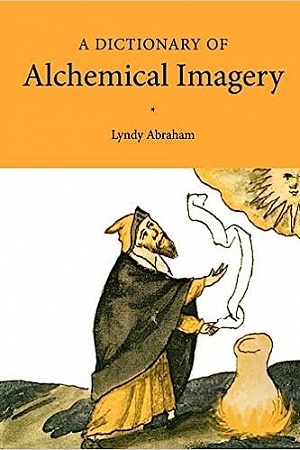Confronting Leviathan: A history of ideas
Profile Books, $39.99 hb, 287 pp
Reading Hobbes in the pandemic

In ‘that great LEVIATHAN called a COMMON-WEALTH, or STATE’, wrote Thomas Hobbes, ‘Soveraignty is an Artificiall Soul … giving life and motion to the whole body’. This ‘Artificiall man’ was to ensure ‘the peoples safety’, and the means at its disposal were limitless. The sovereign was ‘not subject to the Civill Lawes’ and could abrogate any ‘Lawes that trouble him’. Leviathan was published in 1651, written by Hobbes while exiled in France after fleeing the English Civil Wars. The Wars had already produced almost 200,000 deaths, including that of Charles I, beheaded in 1649 following a conviction of treason by Parliament.
Continue reading for only $10 per month. Subscribe and gain full access to Australian Book Review. Already a subscriber? Sign in. If you need assistance, feel free to contact us.











Leave a comment
If you are an ABR subscriber, you will need to sign in to post a comment.
If you have forgotten your sign in details, or if you receive an error message when trying to submit your comment, please email your comment (and the name of the article to which it relates) to ABR Comments. We will review your comment and, subject to approval, we will post it under your name.
Please note that all comments must be approved by ABR and comply with our Terms & Conditions.